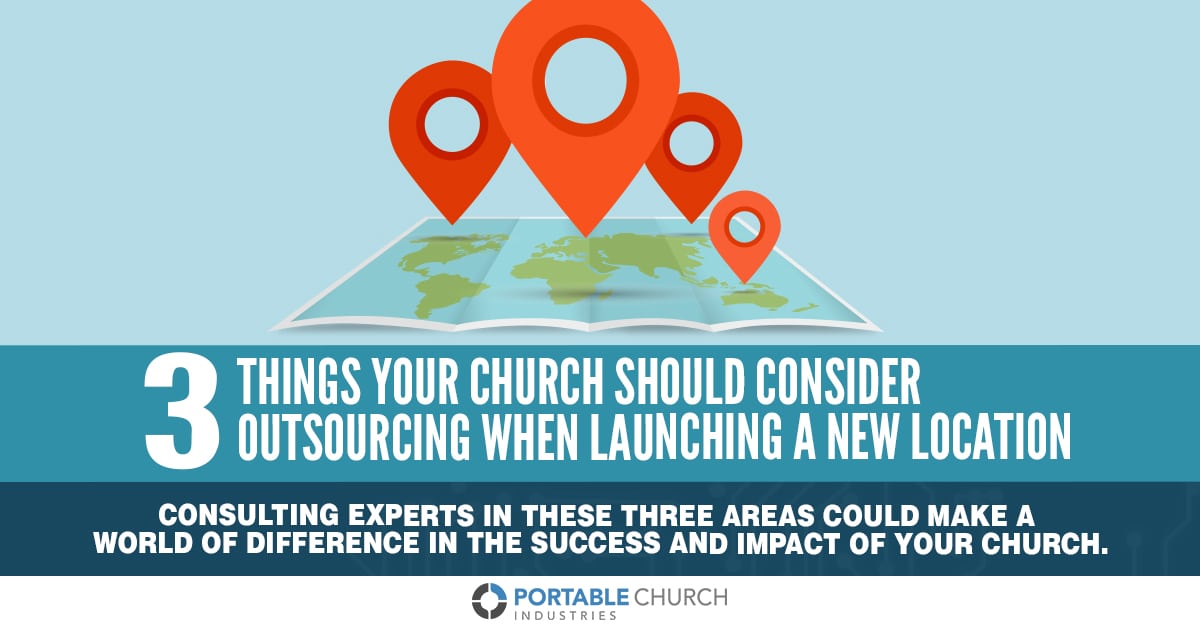Checking Out The Profound History And Enduring Influence Of Catholic Schools Across The Globe
Checking Out The Profound History And Enduring Influence Of Catholic Schools Across The Globe
Blog Article
Content Produce By-Ahmed Berthelsen
When you take into consideration the background of education and learning, Catholic institutions stand out for their deep-rooted customs and lasting influence. These institutions started as a means to infuse belief and values, but they've adapted remarkably over centuries. Today, they play an important role fit not simply scholastic success however additionally moral integrity. What's appealing is exactly how they've taken care of to prosper amidst transforming cultural landscapes, raising questions about their future relevance and influence.
The Beginnings of Catholic Education: A Historical Viewpoint
Catholic education and learning traces its origins back over 1,500 years, when early Christian areas recognized the need for structured understanding. You'll discover that these areas aimed to pass on their faith and worths with education.
Monasteries and sanctuary institutions ended up being centers of learning, supporting both spiritual and intellectual growth. As you dig much deeper, you'll see that the educational program usually consisted of approach, theology, and the liberal arts, made to form well-rounded individuals.
Over time, the Church established more official organizations, making certain that education and learning remained easily accessible to all. The dedication to training moral worths and cultivating a feeling of community has actually continued through the centuries, forming the instructional landscape and influencing many lives worldwide.
This long-lasting legacy remains to influence Catholic education and learning today.
The Evolution of Catholic Colleges Via Social Contexts
As societies progressed, so did the role of Catholic schools, adjusting to the cultural contexts in which they existed. In the early years, these institutions concentrated mainly on spiritual instruction, however as neighborhoods diversified, they started to integrate local languages, personalizeds, and educational demands.
You 'd notice that Catholic schools frequently ended up being facilities for social cohesion, cultivating a sense of belonging amongst pupils from different histories. In numerous areas, they addressed societal issues, such as destitution and discrimination, by giving available education and learning for all.
As you discover different cultures, you'll see exactly how Catholic institutions have actually changed their educational program and training approaches, showing the worths and obstacles of their atmospheres while remaining true to their foundational goal of faith and academic quality.
The Modern Function and Effect of Catholic Schools in Culture
In today's globe, Catholic institutions play a crucial function in shaping not just the educational landscape, but also the broader community.
You'll locate that these organizations stress worths like respect, concern, and social justice, promoting all-around individuals who contribute positively to culture. By focusing on academic quality and moral development, Catholic institutions prepare students for future challenges, nurturing vital thinking and leadership abilities.
They typically serve diverse populaces, bridging gaps in access to top quality education and learning. In addition, you might notice their commitment to solution, urging trainees to participate in area outreach and volunteer job.
Catholic schools In Glen Lake of education and ethical support makes Catholic schools a significant pressure, growing accountable citizens who can impact their areas right.
Conclusion
To conclude, Catholic colleges have a rich background that's shaped their long-lasting impact on culture. https://www.dailystrength.org/journals/advancing-the-holistic-youngster-spirit-cognition-and-heart-in-c 've seen how they have actually adapted to various social contexts while keeping a commitment to confidence, worths, and academic excellence. Today, they continue to play a vital function in fostering area, advertising social justice, and nurturing accountable residents. As you reflect on their tradition, it's clear that Catholic institutions remain a powerful pressure for favorable change on the planet.
